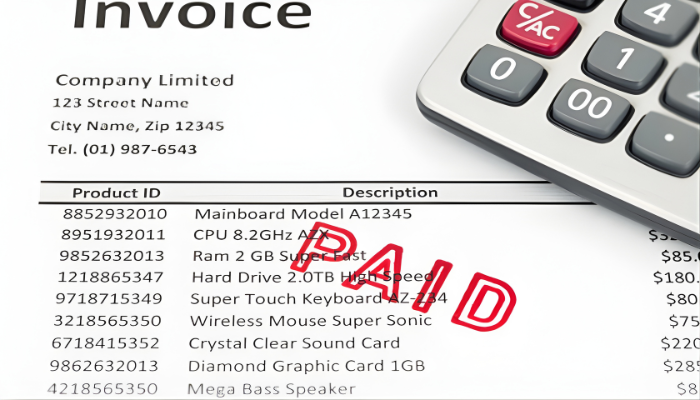
Debt factoring, also known as invoice or accounts receivable factoring, is a good way to improve cash flows for your business. You receive immediate cash from the factor, instead of waiting for your customers to pay their invoices. It opens up opportunities for business growth and expansion that were not there before.
This kind of arrangement brings certain advantages to your business. But it also involves certain disadvantages that you should be aware of before you sign a factoring arrangement.
The Advantages of Debt Factoring
- Quick infusion of cash - After the initial set-up, you can usually get cash in your bank account within 24 to 48 hours after submitting invoices for factoring. That is great if you need to buy urgently needed supplies, pay some bills, or repair critical pieces of equipment. It is also good if you want to expand your business and take on new clients.
- Improve cash flow - One of the main factors which prevent some businesses from growing and thriving is a continual problem with cash flow. They struggle each month to pay bills and make payroll. There is no room to take on new customers, expand product lines, or take the business to the next level. Factoring can make the cash flow easier and alleviate the struggles.
- Shorten the cash cycle - The time between the purchase of goods and the actual receipt of payment for the sale of them can be significant. With the help of factoring, that cash cycle can be significantly shortened. This makes it possible to buy more goods and sell them for additional profit.
- Protection against bad debts - If you choose non-recourse factoring, the factor takes on the risk of unpaid invoices. This offers you protection against any bad debts that your customers may inflict on your company.
- Cost-effective collections built-in - If you were to hire an agency that deals exclusively with debt collections, you can expect to pay 20 to 50 percent of the value of the debt as a fee to the collection agency. With factoring, the fees are not nearly as bad. The factoring fee does go higher for invoices that remain unpaid for a longer period of time, but, on average, it is minimal compared to the rates of a collection agency.
- Lower overhead costs - When you factor invoices, the factor takes over the management of your invoices. They handle customer payments and debt collections. You don't have to have an employee dedicated to this task, which lowers your overhead costs.
The Disadvantages of Debt Factoring
- The interest rate is higher than bank financing - If you calculate the annual interest rate on invoice factoring and then compare it to what a bank would charge, the interest will be higher for factoring. For companies that do not have access to bank financing, or have tapped it out, debt factoring is a viable option.
- Factors can influence your business - Factoring companies only do business with companies that have solid business practices. If the factor finds your company engages in risky business practices, they may require a change to the way you do business. They can influence the types of customers you take on and the people you hire as managers.
- The risk of harming customer relations - When you enter into a factoring arrangement, the factor takes over your accounts receivable and collections. If the factor is not professional, or the customer becomes aggravated at their collection efforts, there is a chance that the relationship with the customer can turn negative. In addition, some customers do not like dealing with a third-party when it comes to invoice questions.
- Potential bad debt liability - If you enter into a recourse factoring arrangement, any invoices that go unpaid are sent back to you for write-off or collections.
- Not good for cash-heavy or consumer businesses - Factoring works best in companies that issue credit to business customers with due dates between 30 and 90 days out.
- Not good if you have a lot of customers with poor credit ratings - Factors will only take on invoices involving companies that they deem creditworthy. If you have a high percentage of customers with bad debt, or are very slow paying, the factor may not accept your business for factoring.
- A slow-paying customer base translates to higher factoring fees - You are charged a factoring fee for each day that an invoice remains unpaid. The longer it goes unpaid, the higher the factoring fee goes. If your customers are usually slow to pay, factoring may not be an affordable financing option.
If you are considering debt factoring to help your company's cash flow, it is important to understand the advantages and disadvantages of this kind of financing before signing an agreement. With this information, you can make a more informed decision for your business and its needs.
















